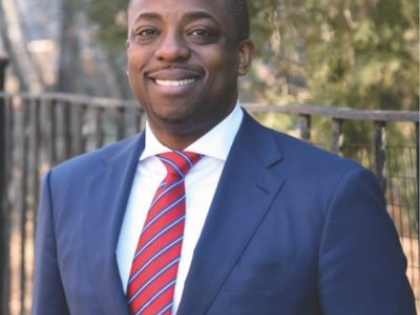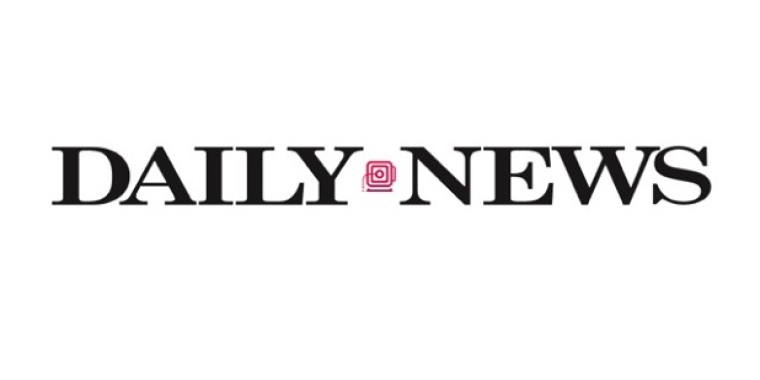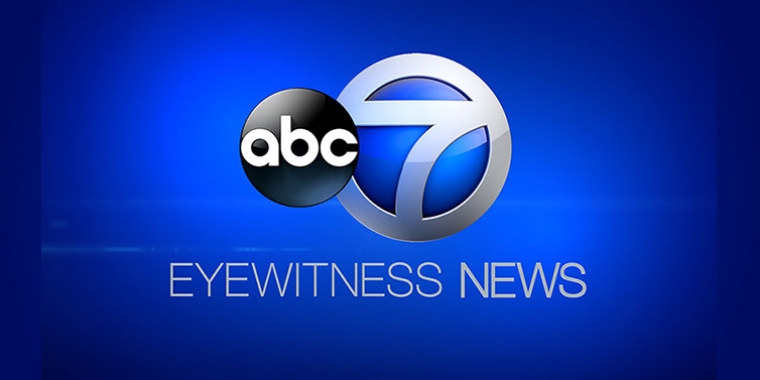
The rainy day is here, New York: Coronavirus and government budgets

Two weeks ago, U.S. markets responded to the mushrooming coronavirus crisis by dropping more than 7%. It was Wall Street’s worst single-day performance since 2008. That is until three days later when they plunged nearly 10%.
Economists have warned us for months that a recession was looming, but we had no idea a pandemic would shock us into a global crisis. The last time we faced a recession, we had to cut essential city services to make it through. Right now the state requires New York City to balance the budget, so every dollar we make as a city we have to spend.
The amount of money we have put aside for a situation like this is $0. This is precisely why I’ve introduced legislation to allow the city to hold cash reserves in a Rainy Day Fund, to make funds available for times when the city’s income takes a hit because of unforeseeable circumstances.
As I write this, schools are closed, restaurants are closed, theaters are shuttered, jobs are hemorrhaging and people are being strongly encouraged to practice social distancing by staying home as much as possible. All of this is necessary to protect public health as we work to stop the spread of COVID-19, but it has obvious economic effects — especially for our most vulnerable neighbors who are already fighting an uphill battle against economic inequality.



